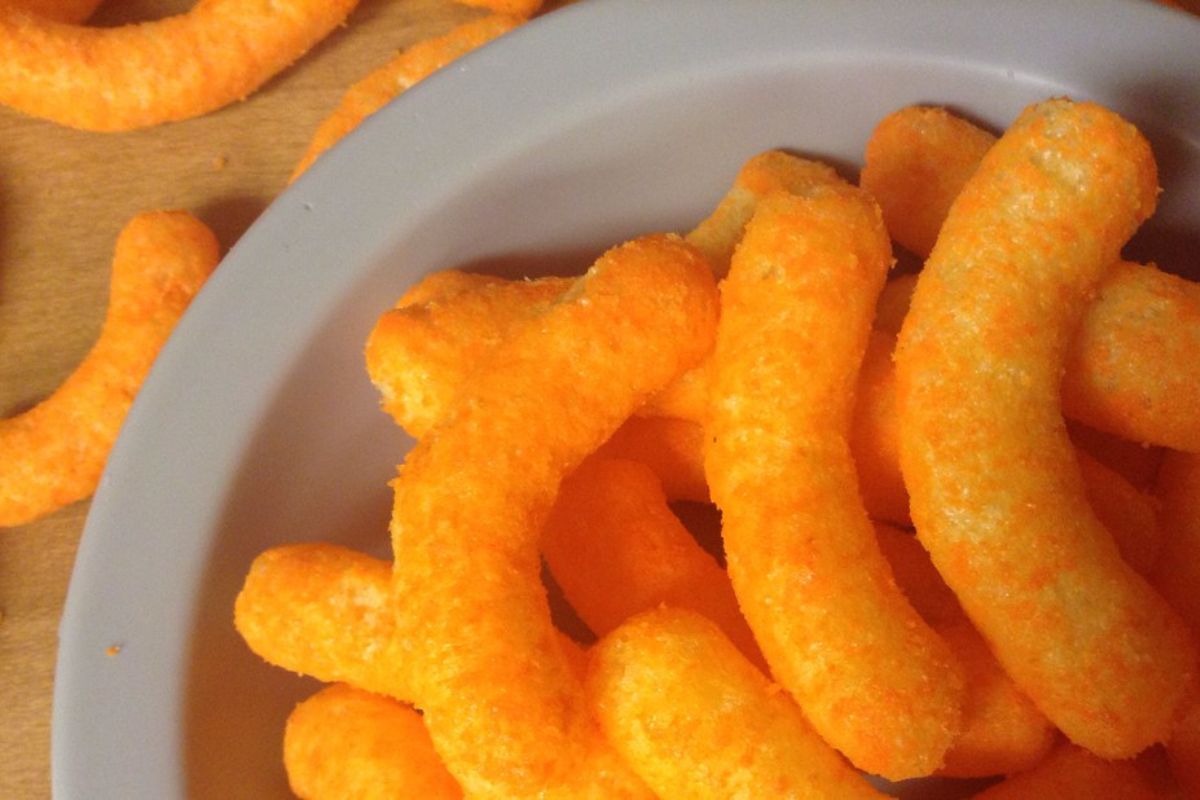As a cat owner, you might occasionally be tempted to share a snack with your feline friend. While it can be fun to offer your pet a new variety of tastes and experiences, it’s essential to ensure that any human food items you provide are safe for them to eat. One common snack you might consider is a Cheetos puff. Before you reach into the bag, let’s explore the implications of feeding your cat a Cheetos puff, considering their nutritional requirements and health.
Understanding Cat Nutrition
Essential Nutrients for Cats
Cats are obligate carnivores, which means that their natural dietary requirements are met by consuming other animals. A cat’s diet needs to include a high content of protein, moderate fat, and minimal carbohydrates. Essential nutrients for cats include taurine, an amino acid found exclusively in animal-based proteins, arachidonic acid, certain vitamins, and calcium.
Risks of Inappropriate Treats
Offering human snacks can often lead to overconsumption of calories and an imbalance in the essential nutrients your cat requires. Snacks like Cheetos puffs can also contain ingredients that are not readily digestible for cats or might even be toxic to them.
Cheetos Puffs: What Are They Made Of?
Ingredients Breakdown
Cheetos puffs contain a mix of mainly cornmeal, vegetable oils (including highly saturated ones), cheese flavor, artificial colors, and preservatives. Many of these ingredients do not align with the dietary needs of a cat and can lead to potential health issues.
Additives and Preservatives
These snacks contain various additives and preservatives, which could potentially be harmful to cats. Artificial colors, flavor enhancers, and preservatives are designed for human consumption and have not been tested for, nor are they intended for, the feline digestive system.
Potential Health Implications
Obesity and Diabetes
The high calorie and carbohydrate content of Cheetos can contribute to weight gain and even lead to obesity in cats. Obesity in turn increases the risk of diabetes, a condition not uncommon in cats, especially when their diet is rich in carbohydrates.
Digestive Issues
Cheetos are not toxic to cats, but they are far from a species-appropriate snack. Cats lack the necessary enzymes to process such a high level of carbohydrates effectively. Feeding your cat these puffs could result in gastrointestinal upset, including diarrhea or constipation.
Ingredients to Avoid
Cheetos contain onion and garlic powders, which can be toxic to cats in larger quantities. Although the amount in a single puff might not be enough to cause toxicity, it’s an unnecessary risk to introduce these ingredients to your cat’s diet.
Safer Alternatives
Commercial Cat Treats
There are many commercial cat treats available that are formulated to meet a cat’s nutritional needs while still providing the joy of a snack. These treats often contain additional supplements, like added taurine, which can be beneficial for your cat.
Homemade Options
For those who prefer a more natural approach, there are numerous recipes for homemade cat treats that use cat-friendly ingredients like chicken, fish, and catnip. These recipes can be tailored to your cat’s specific dietary needs and preferences.
Moderation is Key
Treats as a Proportion of Diet
While treats can be a valuable tool in training and bonding with your cat, they should not constitute more than 10% of your cat’s daily caloric intake. The primary diet should be a high-quality commercial cat food that is appropriately balanced for feline health.
The Importance of Routine
Cats thrive on routine and consistency. Their meals, including treats, should be given at the same time each day to help prevent overfeeding and maintain a stable metabolism.
Conclusion
A Final Word of Caution
While sharing your Cheetos may seem like an act of love toward your furry companion, it’s important to remember that what’s enjoyable for you isn’t always suitable for them. A Cheetos puff might not be immediately harmful in tiny quantities, but its ingredients and lack of nutritional value make it an inappropriate treat for your cat.
Focus on Feline Health
Ultimately, ensuring your cat maintains a balanced diet tailored to its evolutionary and biological needs is the best way to show your love and commitment to its wellbeing. Stick to cat treats and be mindful of your cat’s overall calorie intake to ensure a happy, healthy life for your beloved pet.
In conclusion, it’s best to avoid giving your cat Cheetos puffs, not only because they offer no nutritional value but also because they could potentially lead to health problems. Treating your cat safely involves providing snacks made with their specific dietary needs in mind and always in moderation.
Remember to consult with your veterinarian before introducing any new foods into your cat’s diet, especially if your cat has preexisting health conditions or special dietary needs.

